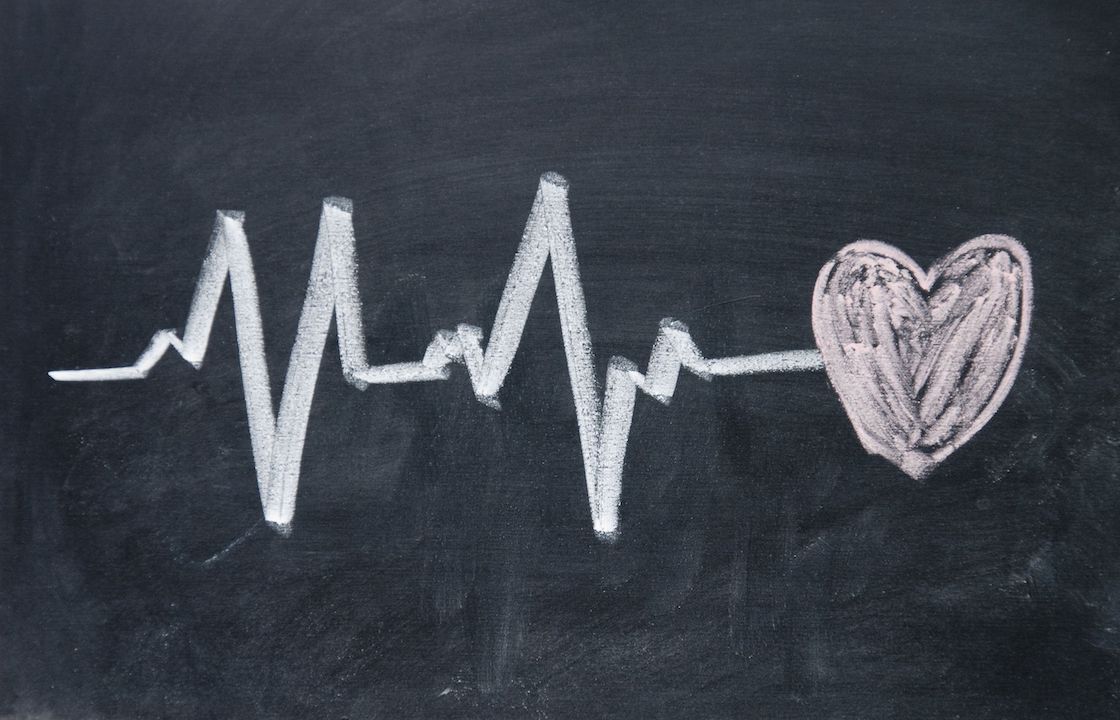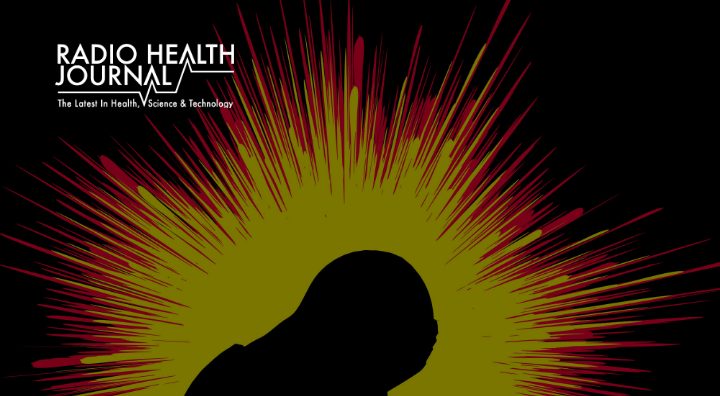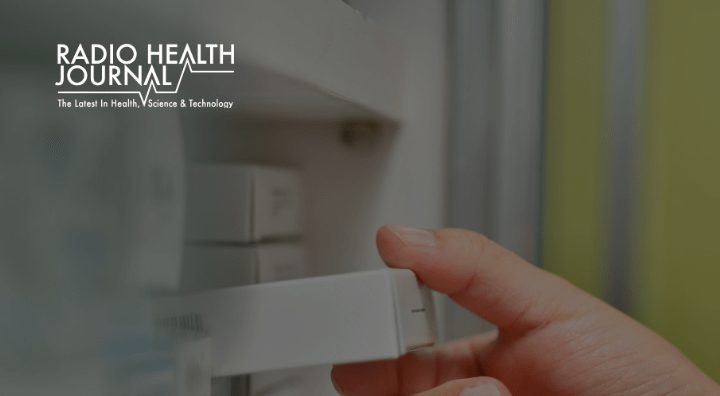Heart failure is a major source of death and disability. Experts discuss causes, consequences and new treatments that may greatly lessen its toll. Hosted by Nancy Benson.
Guest Information:
- Dr. Deborah Weinstein, Chief Medical Officer, Atlantic Clinical Research Collaborative
- Dr. William Abraham, Professor of Internal Medicine and Director, Division of Cardiovascular Medicine, Ohio State University
15-01 Heart Failure
Nancy Benson: With the arrival of the New Year, a lot of Americans make resolutions to quit smoking or lose weight. If they succeed, they’ll reduce their risk for heart disease, the number one cause of death in the United States. When we think of cardiovascular disease, most of us may think of heart attacks. But experts say heart failure is a growing public health concern. It affects about one percent of people over age 65.
Deborah Weinstein: It translates into affecting about 6.6 million people over the age of 18 in the United States alone. It’s also anticipated that these cases will continue to rise. It’s anticipated that an additional 3 million new cases will be expected by 2030.
Nancy Benson: That’s Dr. Deborah Weinstein Chief Medical Officer at the Atlantic Clinical Research Collaborative. She’s participated in a number of studies into medications for heart failure.
Deborah Weinstein: The way to think about it is the heart is a muscle and that muscle is used to pump the blood from the heart to the body to support life. So when that heart muscle stops working properly the pumping function can decline over time, and the result is that fluids buildup, and those fluids are retained in the lungs, in the legs, throughout the body. And what happens is the body then doesn’t get the blood it needs and the patients start to basically drown in their fluids. So it’s a terrible disease and one that comes with very life-altering symptoms, including weakness, tiredness, dizziness, shortness of breath. People as they get worse find they’re not able to lay flat in bed at night. They have to prop themselves up on pillows just to be comfortable or sit upright in a chair. They often experience racing heart, swelling in the legs and belly, and can have actually rather dramatic shifts in their weight from day to day.
William Abraham: In the early stages of heart failure, sometimes it takes more than usual or ordinary activity to produce symptoms, but later on even just normal activities or less than normal activities can create severe shortness of breath and fatigue.
Nancy Benson: Dr. William Abraham is Professor of Internal Medicine and Director of the Division of Cardiovascular Medicine at the Ohio State University.
William Abraham: There are many causes of heart failure; the most common cause of heart failure in the United States and in the developed countries is coronary artery disease or hardening of the arteries, resulting in heart attack. There are many other causes of heart failure such as high blood pressure. High blood pressure when long standing and inadequately treated can cause either abnormal stiffness of the heart or weakness of the heart, leading to heart failure. Problems with the heart valves are another common cause of heart failure. Diabetes may cause or contribute to heart failure. There seems to be an emergence of heart failure associated with obesity, although the exact cause and effect relationship is not well worked out.
Nancy Benson: Abraham says some medications, especially cancer drugs, can be toxic to the heart, as can recreational drugs like cocaine and methamphetamine. Medications can help control heart failure, but Weinstein says lifestyle adjustments come first.
Deborah Weinstein: The first thing we always tell patients with any sort of cardiovascular disease, above all, is to not smoke. There are also lots of underlying medical problems that often accompany people that have heart failure. So things like high blood pressure, diabetes, high cholesterol, abnormal heart rhythms, and all of the things need to be treated with appropriate medications. There are lifestyle modifications, minimizing alcohol, watching the salt, reducing their weight, and sometimes when the heart failure gets very bad patients actually need to restrict the amount of fluid that they drink because their fluid valance is difficult to control.
Nancy Benson: Medications to treat heart failure include ace inhibitors and beta blockers, and sometimes doctors implant defibrillators or pacemakers in patients as well. Abraham says treatments have come a long way.
William Abraham: For the past twenty years a number of medications and devices have been approved for the treatment of heart failure. Twenty years ago we had a quite pessimistic view of heart failure. It was relentlessly progressive and resulted in death early in many patients. But based on treatments developed over the past twenty years and some recent developments we now look at heart failure as being a manageable chronic disease syndrome. When patients are treated according to our guidelines, with the best available therapies, they can experience an improved quality of life and improved longevity.
Nancy Benson: However, while treatments are a lot better than they used to be, there’s still a long way to go.
William Abraham: At any point in time about 30 percent to 40 percent of the heart failure population may be categorized in New York Heart Association functional class three or four. Meaning that they have a high degree of disability. That is very poor quality of life. The hospitalization and re-hospitalization rates for heart failure are among the highest of any medical or surgical diagnosis. For example, heart failure is the most common cause of hospitalization in those over the age of 65 or 70 years, and it is the number one cause of re-hospitalization. It’s been associated with the highest rate of re-hospitalization of any other medical or surgical cause of hospitalization. The thirty-day readmission rate for heart failure is about 25 percent, and at six months that readmission rate climbs to about 50 percent.
Deborah Weinstein: Once you’re diagnosed with congestive heart failure, approximately 24 percent of people die within the first year of diagnosis, and within five years 50 percent of patients die with heart failure. So there is a desperate search on to find medications that will, again not just help patients with their symptoms but help to decrease morbidity and mortality associated with this disease.
Nancy Benson: That’s why doctors are excited about the results of the largest clinical trial on heart failure ever. The study tested a drug called LCZ-696… The first of a new class of drugs for heart failure.
William Abraham: All of the major endpoints were positive. The primary endpoint, the combination of cardiovascular death or heart failure hospitalizations reduced significantly by 20 percent. Cardiovascular death alone reduced significantly by 20 percent. Heart failure hospitalization alone reduced significantly by 21 percent, and death due to any cause whatsoever reduced by 16 percent. And this was seen not only in all patients but all subgroups of patients regardless of age, race, gender, geographical region, New York Heart Association class and so on and so forth. So really a clean sweep for this trial.
Nancy Benson: In fact, the medication performed so well that the study was stopped early. Experts say it would have been unethical to continue to treat the control group with what had been the gold standard up to now.
Deborah Weinstein: In the many years of research I’ve been doing this was one of the most dramatic studies I’ve been involved with, because the study was stopped prematurely because there was a 20 percent relative risk reduction for patients on this new medication. So that translates into being a clear decrease in the outcomes of death and in heart failure hospitalization. So a very, very major result for the study and a potential lifesaver for patients with this disease.
Nancy Benson: The drug could save not only lives, but also billions of dollars. Right now, hospitalizations alone for heart failure account for more than twenty billion dollars in health care spending every year. You can find out more about all of our guests on our website radiohealthjournal.net. Our production director is Sean Waldron. I’m Nancy Benson.
Sign up to receive email updates
Enter your name and email address below and I’ll send you periodic updates about the podcast.











Leave a Reply